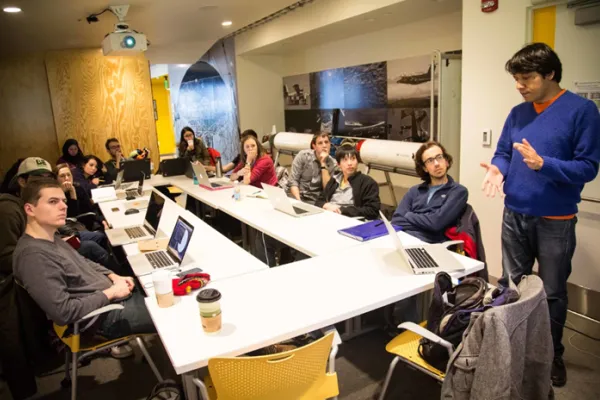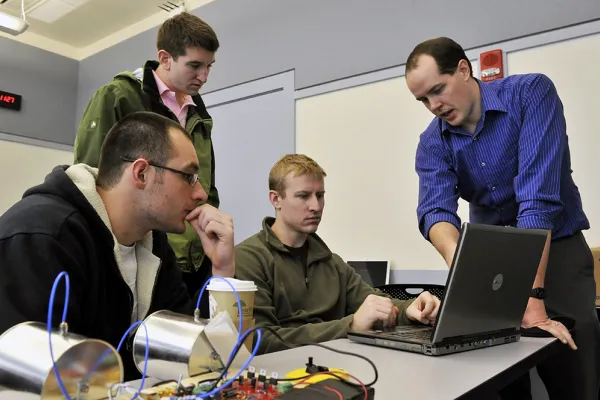Professors! Need class space or maker space? Contact the Beaver Works Facility Manager
Classes
Beaver Works provides spaces for a range of activities, including classroom-type instruction and hands-on prototyping. A variety of courses, including for-credit classes and non-credit activities during MIT’s Independent Activities Period, can be fulfilled in part or in whole at Beaver Works.
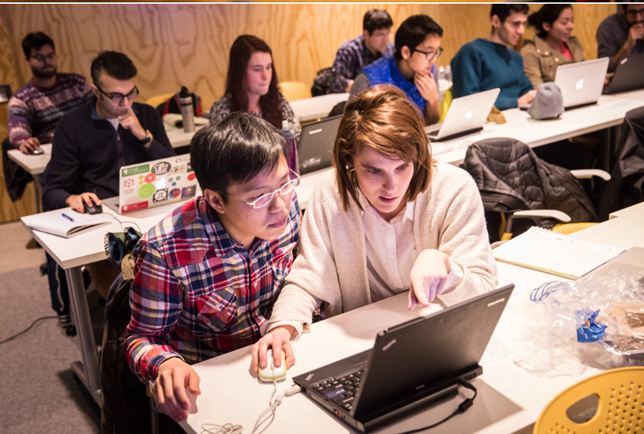
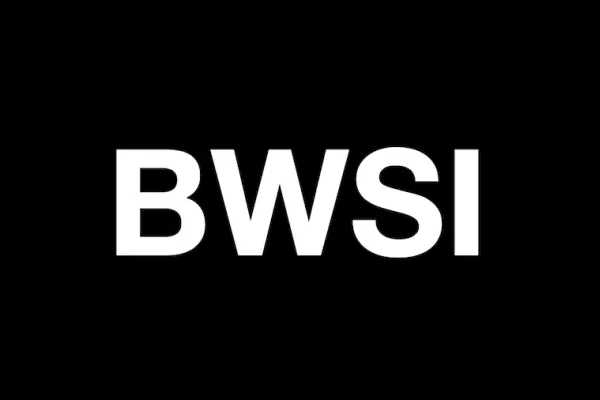
Beaver Works Summer Institute: Project-based classes for high school students nationwide!
BWSI has programs throughout the year in advanced programming and engineering topics, from Saturdays in the Fall and Spring, the Summer Institute in July and our national challenges, we have something for high school students across the country!

Fluidics For Synthetic Biology: Prototyping Microbial Communities (20.S952) – Dr. David S. Kong
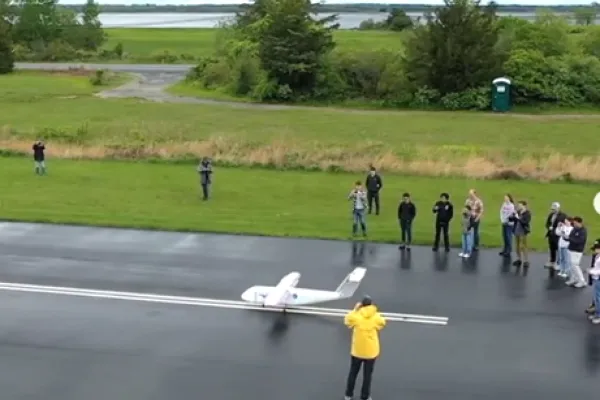
Flight Vehicle Development (16.82) – Jonathan How
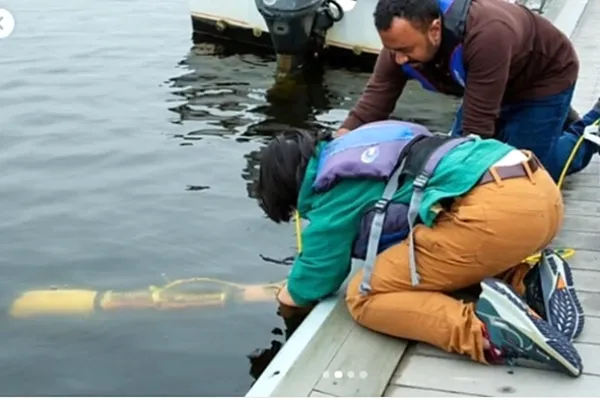
Intro to Autonomous Underwater Vehicles (S.201) – Michael Benjamin/Supun Randeni
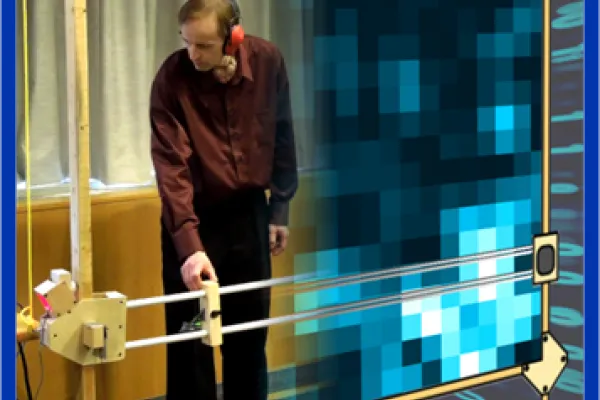
Hands On Holography (IAP) – Dr. Robert Freking
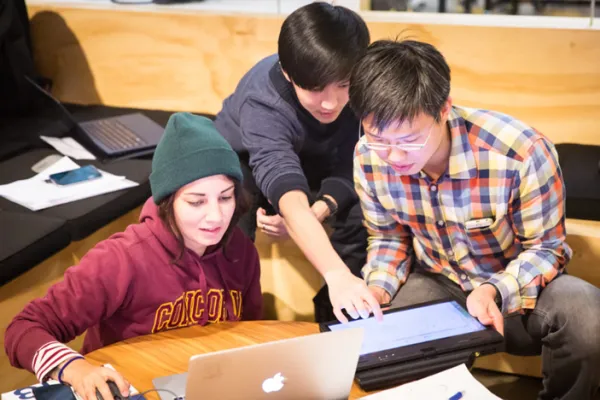
Engineering Systems Development (2.014) – Dr. Doug Hart

Open-Source Fluidics for Synthetic Biology (IAP) – Dr. David S. Kong
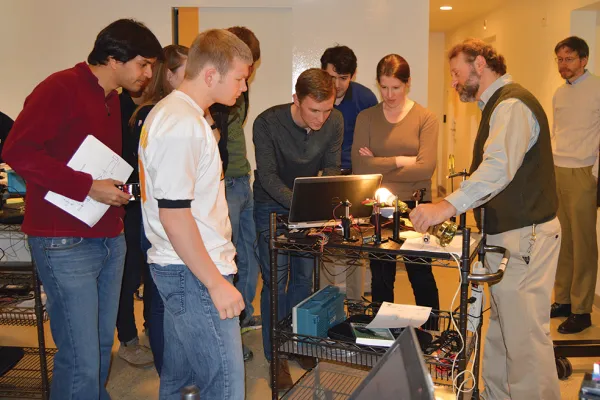
Build a Laser Communication Terminal (IAP) – Dr. David Caplan
